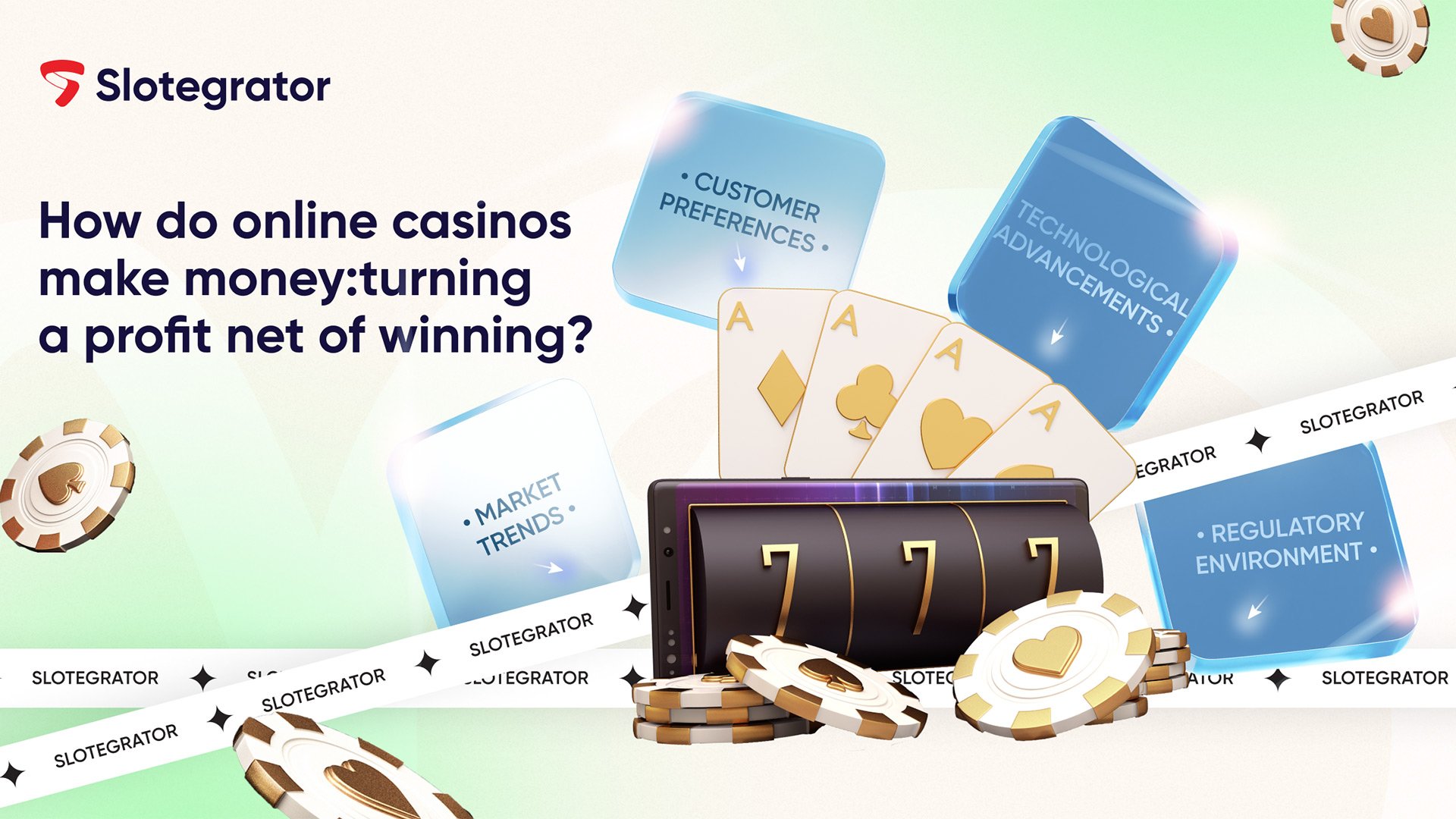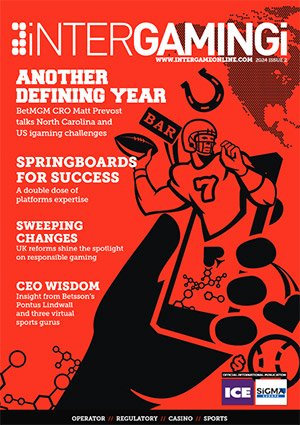DraftKings CEO: "The casinos have become more of our partners than anything"

New Jersey has become one of the country’s most popular locations for sports betting since it received the final approval from state lawmakers last year. Much of those numbers are surely coming from New Yorkers who bet when they’re over the border in New Jersey.
Jason Robins, the CEO of DraftKings, is one of the people working hard to get sports betting legalized across the United States. “Online and mobile (betting) is what people want, especially for those in Manhattan, where it’s a bit of a hike to drive up there (to a casino),” Robins said in an interview Monday with WFAN. “I’m hoping it happens soon. We’re working hard behind the scenes to try to work with lawmakers to get it done. Hopefully it will happen in the next year or so.”
As of August 2019, 13 states and the District of Columbia have passed laws to allow betting on sports. New York passed a law approving limited sports betting, meaning it’s only allowed at state-designated casinos, which are all upstate.
A year after DraftKings launched its first legal online sports book in New Jersey, the daily-fantasy-sports service is preparing for the day when other states join the market of legal sports betting. The company is expected to be a big player if New York enacts full legalization, including a mobile component.
Robins thinks that sports betting feels like it’s sweeping across the country because of a “perfect storm” of factors. “I think that’s why it’s happening so fast. If the leagues were against it, it wouldn’t be happening this fast. It’s because of that. I think it’s the perfect storm of the path getting cleared by the Supreme Court, society being ready for this, technology being able to support, for mobile, the kinds of checks and security that you need, and then the leagues getting behind it all at the same time.”
"New Jersey has become a huge part of our business," said Robins in a TV interview with Cheddar. "It's almost a third of our revenue at this point," despite the fact that less than 3 percent of the U.S. population lives there.
The other two-thirds come from DraftKings' original core business: fantasy sports. That segment is still growing at a 15 to 20 percent annual clip, Robins noted, a small dimension compared to the popularity of legal sports betting, which is showing 50 to 60 percent year-over-year growth in New Jersey alone. DraftKings says it currently makes up 40% of the online sports betting market.
"I think somewhere in the five to seven-year time frame, you'll see at least two-thirds of the country with live online sports betting," Robins said. By some measures, that's conservative. The success of the New Jersey market ー which has already brought in nearly $26 million in tax revenue, according to the state's gambling authority ー is leading to a rush to bring new legislation in states around the country.
At least eight states have either pending legislation or have passed a law that could legalize sports betting as soon as this year. Robins said DraftKings is hoping to launch sportsbooks in four of those states ー Iowa, Indiana, West Virginia, and Pennsylvania ー before the NFL Super Bowl. “From what I can gather, the NFL is more popular than ever,” he said.
“The entrance into new states could have us see 50% growth for many years to come and this doesn’t even count international expansion,” Robins told Benzinga. Robins says the advent of legal sports betting has turned DraftKings from a nice growth company into hyper-growth mode and he doesn't see it letting up anytime soon, nor is he concerned with competition from the casinos.
“We have a lot of partnership discussions. Right now it is a positive ecosystem. There is so much value creation that is going to happen, there is enough to share for everybody which is great. The casinos have become more of our partners than anything,” he said.
Like the recent wave of cannabis legalization, sports betting has benefited from a growing consensus among lawmakers that it's better to codify into law something that has long been done underground. The illegal betting market is worth $150 billion a year, Robins said, and the lion's share is happening online. "People still think you call up your local bookie," he said. In reality, the plethora of offshore websites that offer access to sportsbooks makes it all the more attractive for states to open up their laws, and get the tax revenue that they'd otherwise miss out on.
The way the legislation is unfolding as states slowly open up legal sports betting to DraftKings is giving the company a competitive advantage, according to Robins. "It is kind of nice in that regard that it is happening state-by-state in the standpoint of an investor, rather than a big explosion. This gives us a layer cake kind of growth by adding more states one by one," Robins said. "That gives an interesting profile for investors as it gives us a competitive moat. Each state is so intricate, it is like customizing your set-up in each state, and will make it hard for competitors to catch up."
"Everybody wants to see something get done," Robins said, recognizing that state legislatures don't always move at the speed of business. "But that's what the democratic process is for."
To celebrate the upcoming NFL season, DraftKings is offering two $1 million fantasy football competitions. For a $10 entry fee, Robins says DraftKings will make two new millionaires at the start of the season.
As far as the brand's IPO ambitions, the CEO says there are positives and negatives of going public. “Being private allows us to be more nimble. It allows us to keep our innovation plans under wraps but being a public company gives regulators and the public a lot of trust and there is a lot of capital obviously," he said. "There is push and pull both ways. Right now it is something we are thinking through."

















































